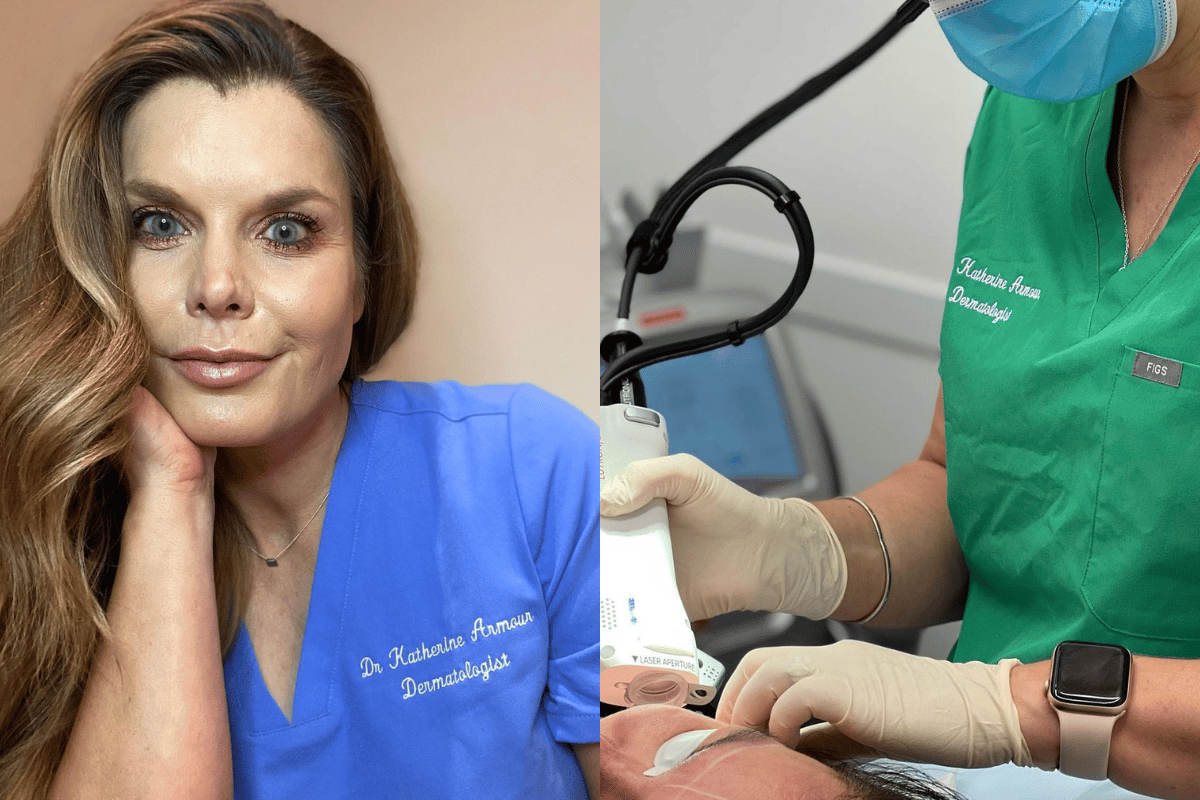
If there's one thing you need to know about us, it's that we're all for the idea that you should just do you, at any age.
However, we also know that everyone's skincare concerns and goals are different.
With this in mind, when it comes to knowing what you should be doing for your skin at a certain age, things can be a little (very) confusing. Because there are now more options than ever if you're looking at how to navigate ageing skin.
Just take a quick glance along beauty shelves and you're guaranteed to find a string of skincare products with the words 'anti-ageing' slapped on the front of the packaging.
Like we said, confusing as hell.
What does a 'Carbon Facial' look and feel like? Amy Clark finds out. Post continues below.
So, how do you know when you should start tackling changes in your skin? And how can you best care for it??
Walk with us.
In a recent episode of You Beauty, host Shazzy Hunt spoke with Melbourne-based dermatologist Dr Katherine Armour, who is also the founder of her own skincare range, Bespoke Skin Technology.
Listen: Prefer to get all of this in your ears? That's cool. Listen to this episode below.